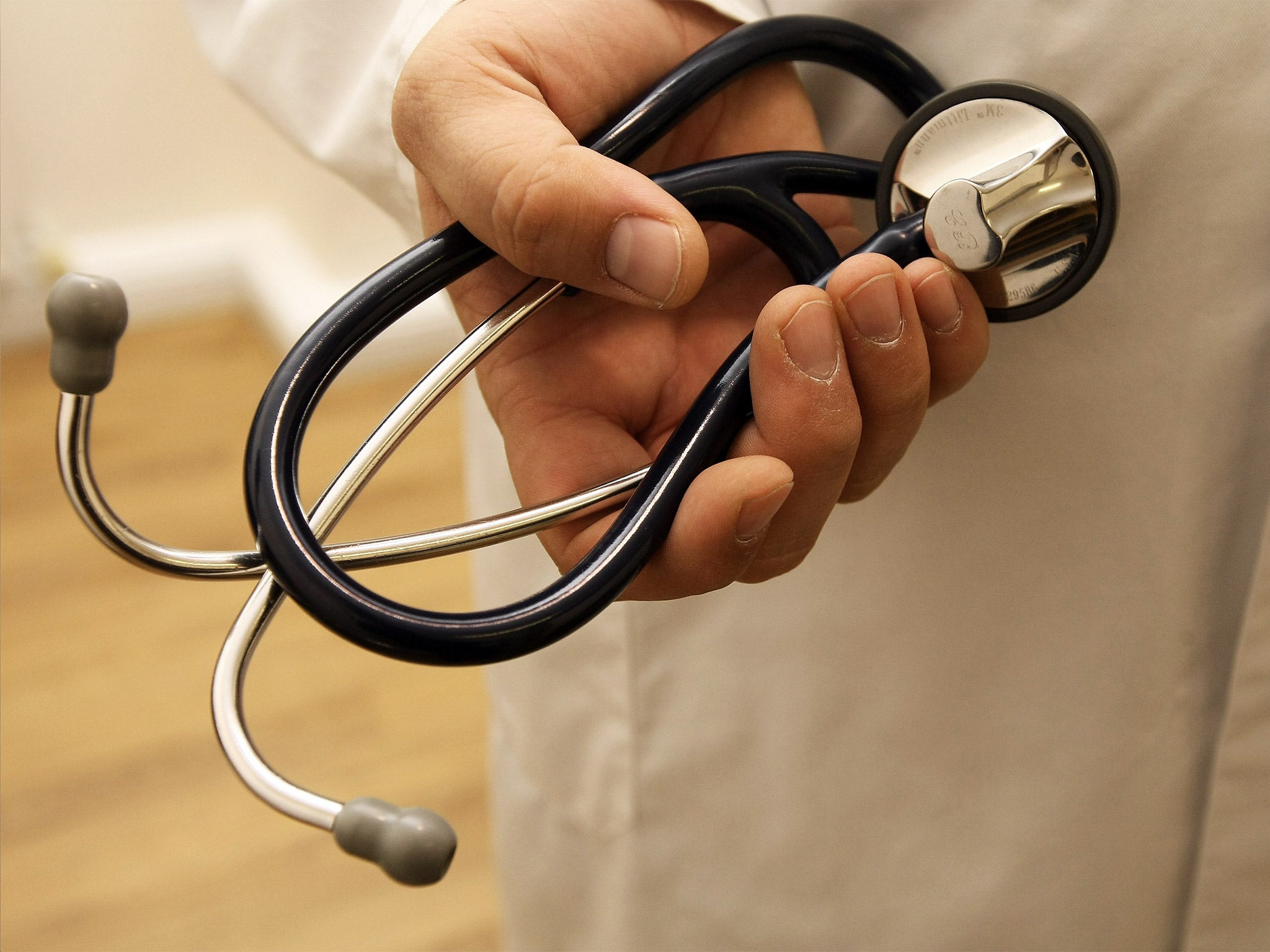GP workloads hit ‘unsustainable’ levels as study shows doctors dealing with more consultations than ever
Doctors’ leaders claim the sector is in ‘crisis’ and warn that general practice is nearing ‘saturation point’

GP workloads have reached “unsustainable” levels researchers have said after a major study showed doctors are dealing with more consultations than ever.
Workloads in general practice increased by 16 per cent over the last seven years as family doctors in England deal with more frequent and longer consultations while the rate of GPs has decreased.
Average consultation time increased to almost nine minutes, just under the 10-minute allocated slot, with the study authors warning GPs have little time to perform other duties before seeing other patients. Doctors’ leaders said the sector was in “crisis” and warned that general practice is nearing “saturation point”.
Professor Richard Hobbs, lead author from the Nuffield Department of Primary Care and Health Sciences at the University of Oxford, said it is the first time researchers have been able to provide objective data on increasingly workloads.
“The demands on general practice have increased substantially over the past seven years. Recruitment of new GPs and nurses remains low while the population in England steadily increases,” he said. “As currently delivered, the system seems to be approaching saturation point.”
The study, published in The Lancet, is the largest of its kind and based on analysis of more than 100 million GP and nurse consultations at almost 400 general practices in England between 2007 and 2014. It found the average number of annual consultations per patient rose by almost 14 per cent for doctors, with the average patient now seeking almost four GP visits each year. The number of nurse consultations rose by 2.76 per cent while telephone consultations nearly doubled.
Although the total number of GPs increased over the study period, the rate per patient fell slightly - from 60.9 GPs per 100,000 patients in 2007 compared with 60.6 in 2014.
Dr Maureen Baker, Chairwoman of the Royal College of GPs, said the report “should ring alarm bells for the Government” and spur ministers into action “before it’s too late”.
Dr Richard Vautrey, Deputy Chairman of the British Medical Association’s GP committee, called on the Government to reverse its “disastrous approach” that has seen the proportion of NHS funding devoted to general practice dropping from 10.5 per cent to 7.5 per cent.
He said: “This is starving GP practices of resources and exacerbating shortages in appointments. We need an urgent, sustained package of support for general practice that prevents GP services collapsing completely.”
Join our commenting forum
Join thought-provoking conversations, follow other Independent readers and see their replies
Comments